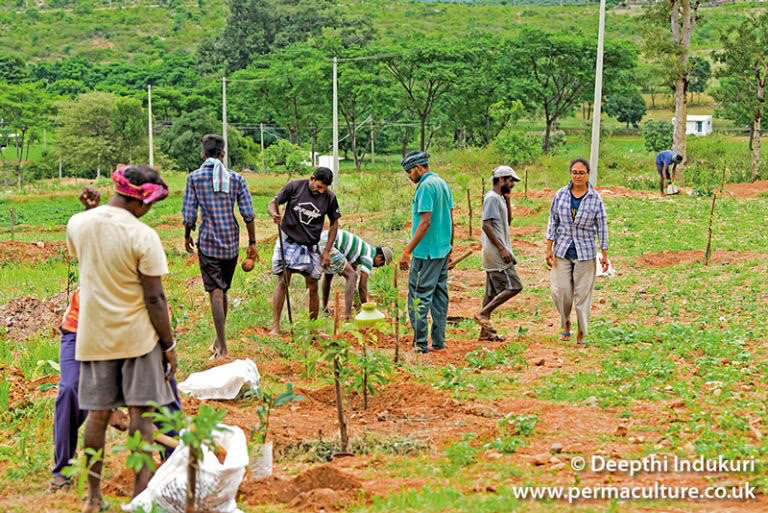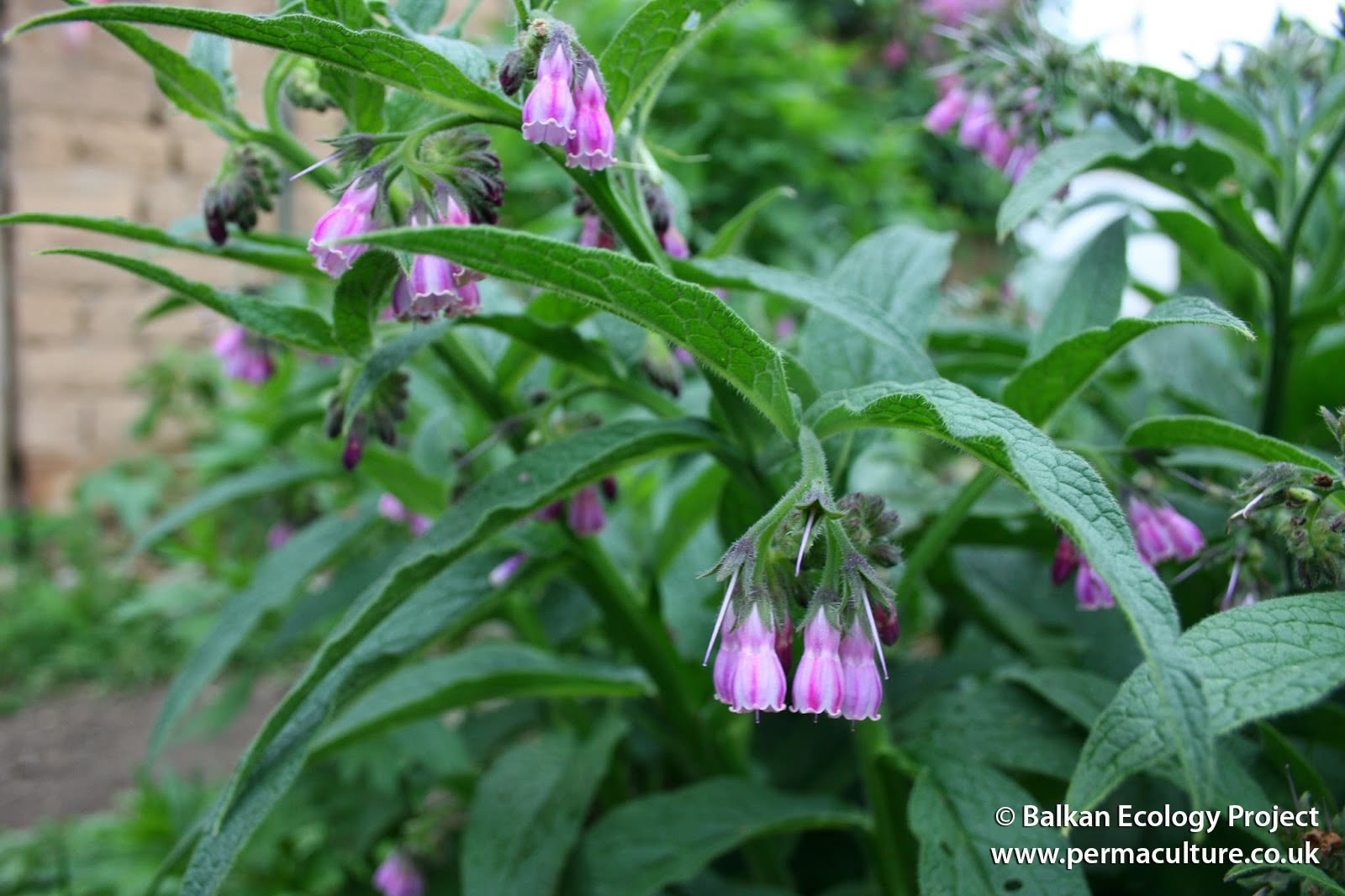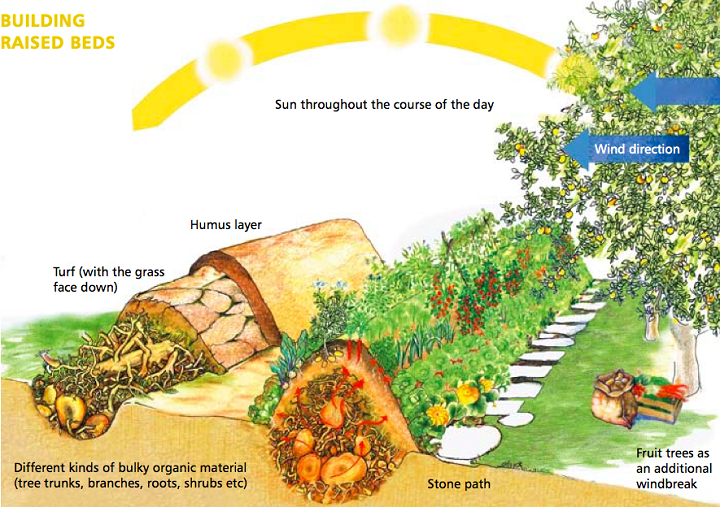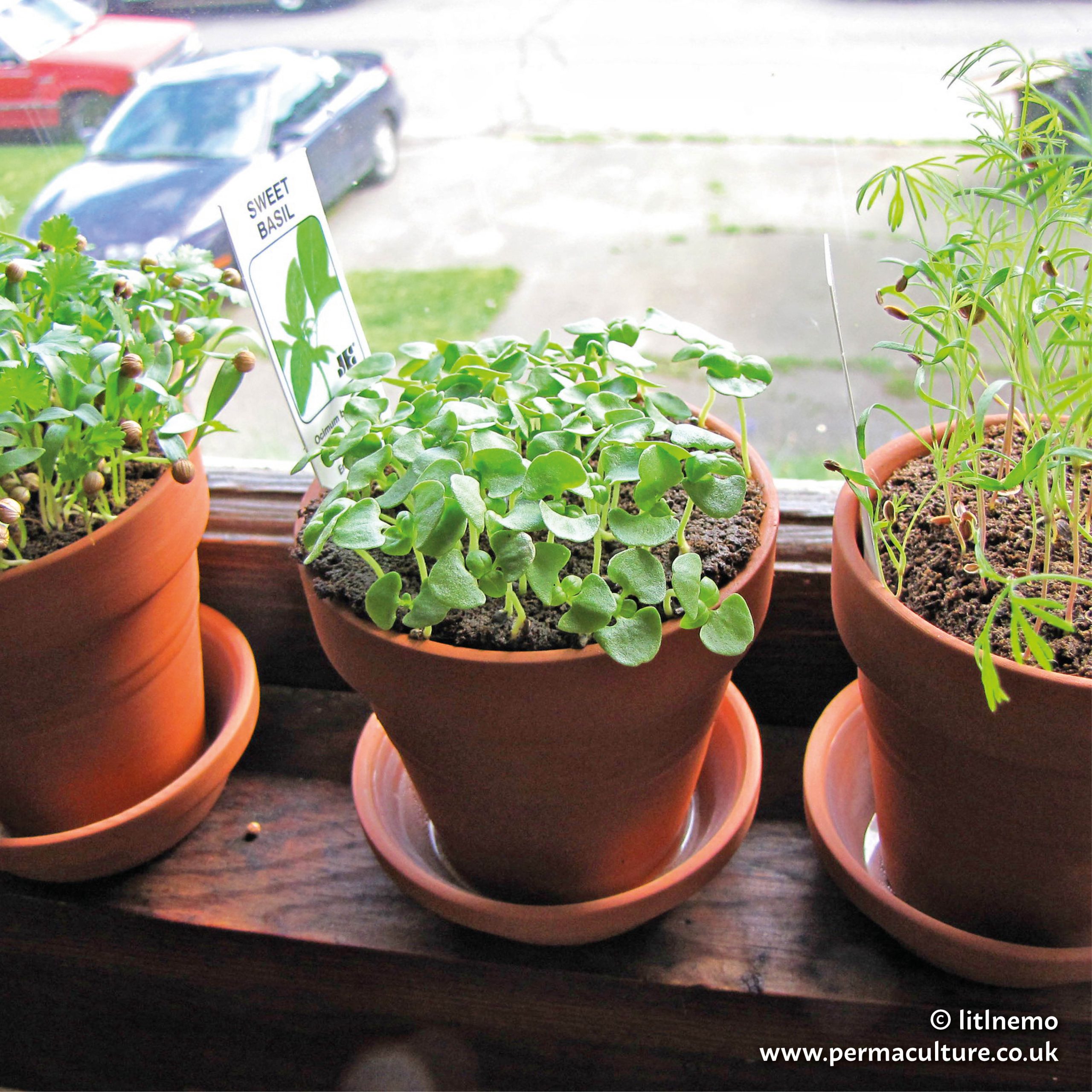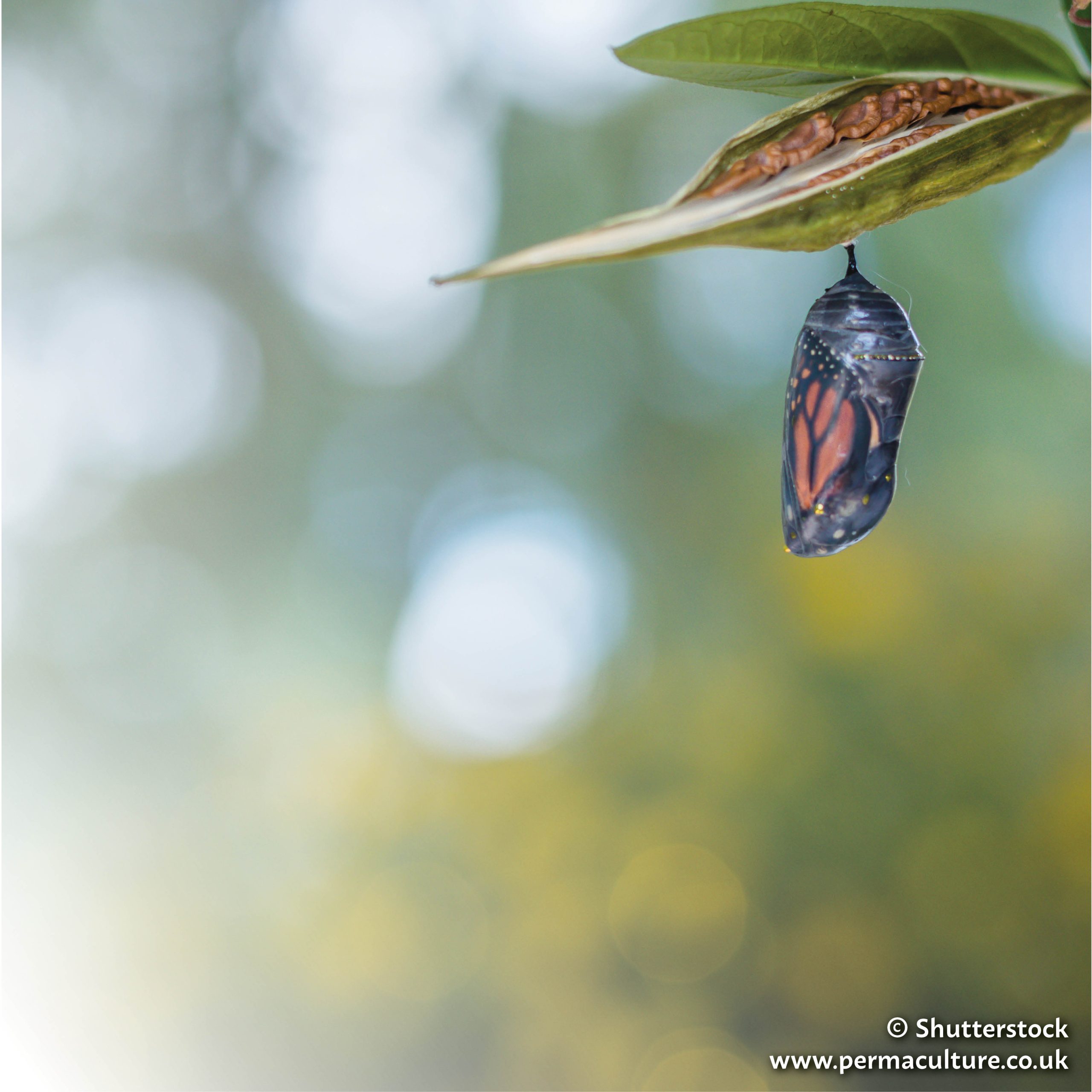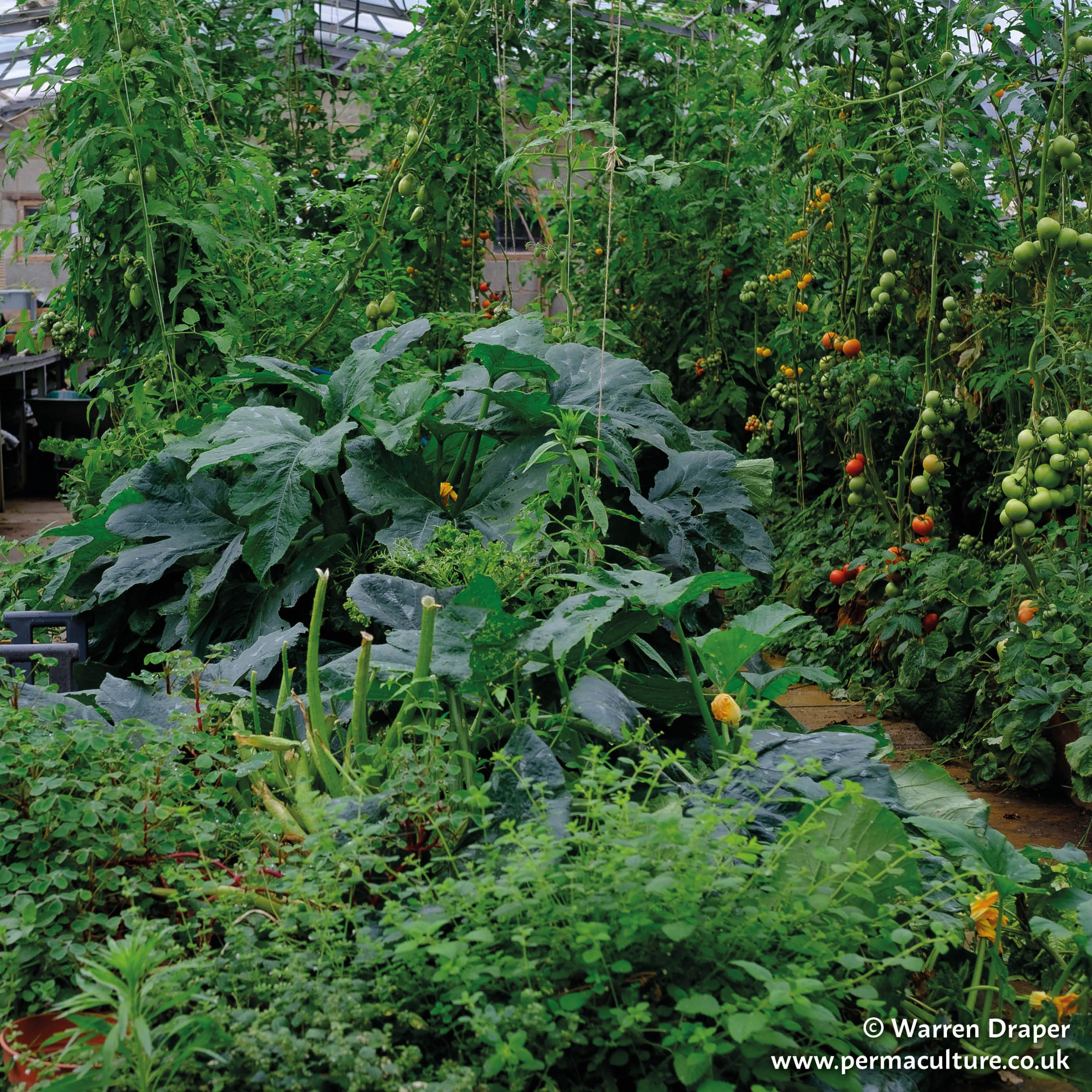Byther Farm is a feast for all the senses! I visited there during the summer of 2020 and was blown away by the gorgeous abundance and vitality of this deliciously diverse garden. Liz makes the most of every space, producing enough food to provide over 80% of her family’s needs plus veg boxes for many local families, with a relaxed, informal style that flows from space to space. This is a garden that makes you feel nourished and relaxed. Created on a tiny budget, the garden inspires and encourages you to think: “I can do that”.
So I was very much looking forward to reading Grounded, Liz’s book describing how she created her productive oasis in a relatively short space of time, and whilst suffering from a debilitating illness. It is a remarkable book. I absolutely loved it – so much so that I read it all in one sitting because I couldn’t put it down. And I’ve been dipping into it again ever since.
Liz’s writing style is very much like her garden: rich, relaxed and flowing. It is as if she is there herself, telling you the story of the garden over a cup of tea. Difficulties and setbacks are turned as much as possible into opportunities, for example using the limitations caused by her illness as a way of slowing down and taking time to observe, establishing a deeper connection with the world. Liz is refreshingly honest about the frustrations of illness, and the anxiety one feels when thing go wrong, before making the most of mistakes to learn new ways of growing and living.
Grounded is not a ‘how to’ gardening book, it is an autobiography of the first few years of Byther Farm and the person who created it, but it is filled with realistic, practical tips and advice, including how to make an efficient outdoor sink which I am definitely going to copy (no more blocked kitchen sinks filled with garden mud!) I don’t keep poultry myself, but if I did I would certainly feel inspired to try her ‘circle of love’ composting system.
Grounded also includes what to do with all of the crops, including batch cooking advice, preserving, wine making and some really inventive tips for unusual home produced culinary ingredients.
Refusing to be confined to just one way of doing things, Liz Zorab continually experiments and tries out different ways of growing, mulching, feeding the soil, creating structures for her plants and of making an income from her plot. She is unashamedly, refreshingly realistic and practical. In order to be able to work from home Liz needs to make an income, and she explains how she does it.
Grounded is a fascinating, fun and inspirational read. I warmly recommend it to anyone who grows their own (whatever size plot), who wishes to start a smallholding, or who wants to find out more about living lightly on the earth.
Organic Self Sufficiency with Liz Zorab
The Micro Smallholding: Grow 85% of your food on 8/10th acre
Stephanie Hafferty is a no dig gardener, writer and author of The Creative Kitchen and coauthor of No Dig Organic Home and Garden.
